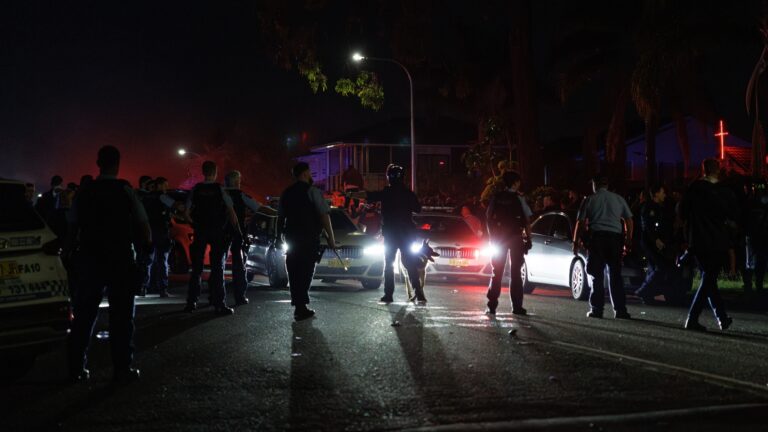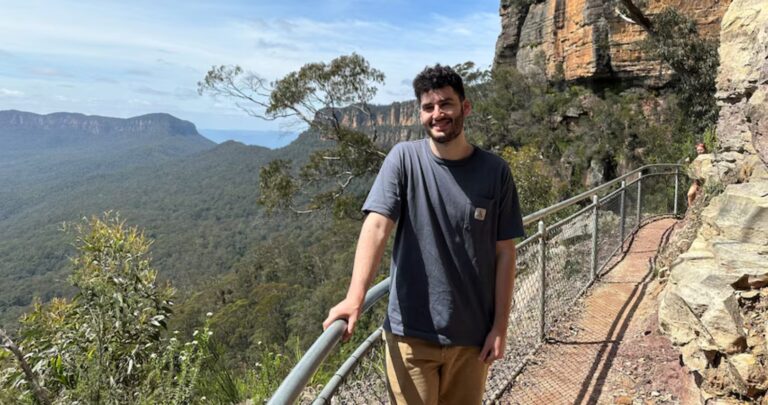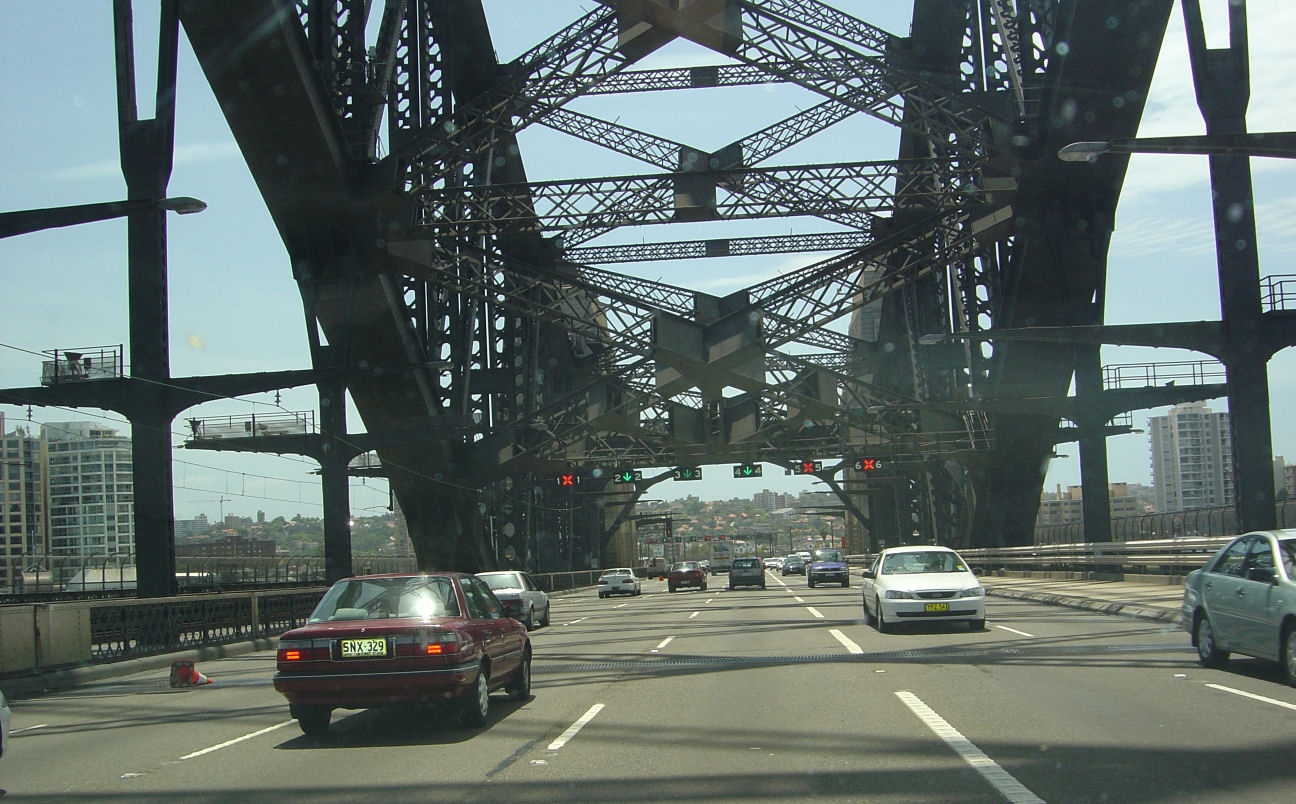
Sydney cyclists driven off the road
BY SARAH MCLENAGHAN
Sydney cyclists are calling for greater protection on NSW roads as motorists continue to drive dangerously around them with no penalty. Reports show a lack of compliance with the Safe Passing Distance Rule by drivers and little to no enforcement of the standard by police. Dulwich Hill Bicycle Club member, David Maywald told the City Hub “You are four times more likely to win Lotto in NSW, than to be caught for breaking the Safe Passing Distance rule”.
The rule, introduced in March 2016 by the NSW Government, requires drivers passing a bicycle rider to leave at least one metre when the speed limit is 60km/h or below and 1.5 metres where the speed limit exceeds 60km/h. The penalty for drivers who do not keep the minimum passing distance to bicycle riders is a $337 fine and 2 demerit points.
However, Mr Maywald says “In two and a half years there have been no operations by NSW Police to enforce Safe Passing Distance. “Instead they have contributed to a one-third reduction in cycling participation by cracking down on minor offences, such as helmet wearing, bike lights, footpath riding, bells.”
Statistics show an increase in bike fines from 350 per cent to 500 per cent since 2016. In that time only 65 fines were issued to drivers for breaking the Safe Passing Distance rule.
Cyclist, Peter Teow, has experienced the lacklustre police response first-hand. He recalled a dangerous close pass he experienced while cycling in a popular riding area near West Head.
“A ute driver overtook the bunch without waiting behind or checking the road was clear, he contravened MPD [mandatory passing distance], encroached into my path and effectively forced me to take evasive action as I tried to avoid being injured by his ute tray, nearly running me off the road in the process.
“As I corrected my path to stay on the road the very tail-end of the ute brushed past my right hand.” Mr Teow reported the incident at Newtown Station and provided a video of the close pass which was sent to North Shore LAC.
Several months later he was informed that the video evidence doesn’t ‘prove’ the MPD law being contravened and no penalty was issued. In a similar incident, cyclist, Marc Rerceretnam reported a Mandatory Passing Distance Infringement to police who failed to act. He was forced to complain to the Shadow Minister and Minister for Police to get a response.
“In our experience, many NSW Police Stations, and especially Sutherland Police Station, are actively working against and ignoring NSW state laws,” Mr Rerceretnam said. These incidents reflect what Mr Maywald says is an implementation of Safe Passing Distance that has pushed the entire burden of prosecution onto the victims.
“When a cyclist has been illegally passed or hit by a vehicle, they have to attend a Police Station and provide evidence that is beyond reasonable doubt.
“We estimate that much fewer than one percent of incidents taken to Police have resulted in a fine.”
Bicycle NSW spokesperson, Bastien Wallace, suggested part of the problem is the lack of adequate cycling infrastructure. “Safe, separated cycleways are rare, and marked bike lanes are often disconnected and positioned in the ‘door zone’, meaning the riders risk being injured from drivers opening car doors or being pushed into traffic,” she said.
According to Ms Wallace “[NSW needs] positive provisioning like building for bikes whenever we build roads and rail projects, separated, well-connected bike lanes and using physical barriers to protect riders.”
An Inner West Council spokesperson said the council’s various cycling policies address the promotion of safety for all road users.
“Council is continuing to work with all stakeholders to assist in reducing conflict between the various types of road users.” This involves user awareness campaigns, building separated cycleways, and pursuing the development of a safe cycle network which minimises conflict between cars and bikes.
Transport for NSW said ensuring the safety of cyclists is a commitment of the NSW Government. “Over $1 million has been invested in the Go Together campaign, educating drivers about the minimum passing distance rule,” said a Transport for NSW spokesperson. Through the Community Road Safety Grants Program, the Government has funded two projects, totalling $15,000, to raise awareness about the minimum passing distance rule.
Despite this, in the lead up to the State election, cyclists across NSW are campaigning for several million dollars to go into a public education campaign on Safe Passing Distance, mandatory Police training on Safe Passing Distance, proactive enforcement of Safe Passing Distance by NSW Police, and a several hundred per cent increase in the spend on cycling infrastructure.
It is hoped that these measures will help alleviate tension on NSW roads and increase support for cycling.
Ms Wallace said “It’s really unhelpful to keep focusing on tension and aggression, most people ride and drive carefully, and everyone wants to get home safely. “Every person riding a bike is one less car creating congestion and pollution, one more seat on public transport and the data shows that every kilometre ridden saves the community $1.43.”
The Dulwich Hill Bicycle Club petition to enforce Safe Passing Distance can be found here: https://www.change.org/p/protect-your-family-and-friends-with-safe-passing-distance-ametrematters









